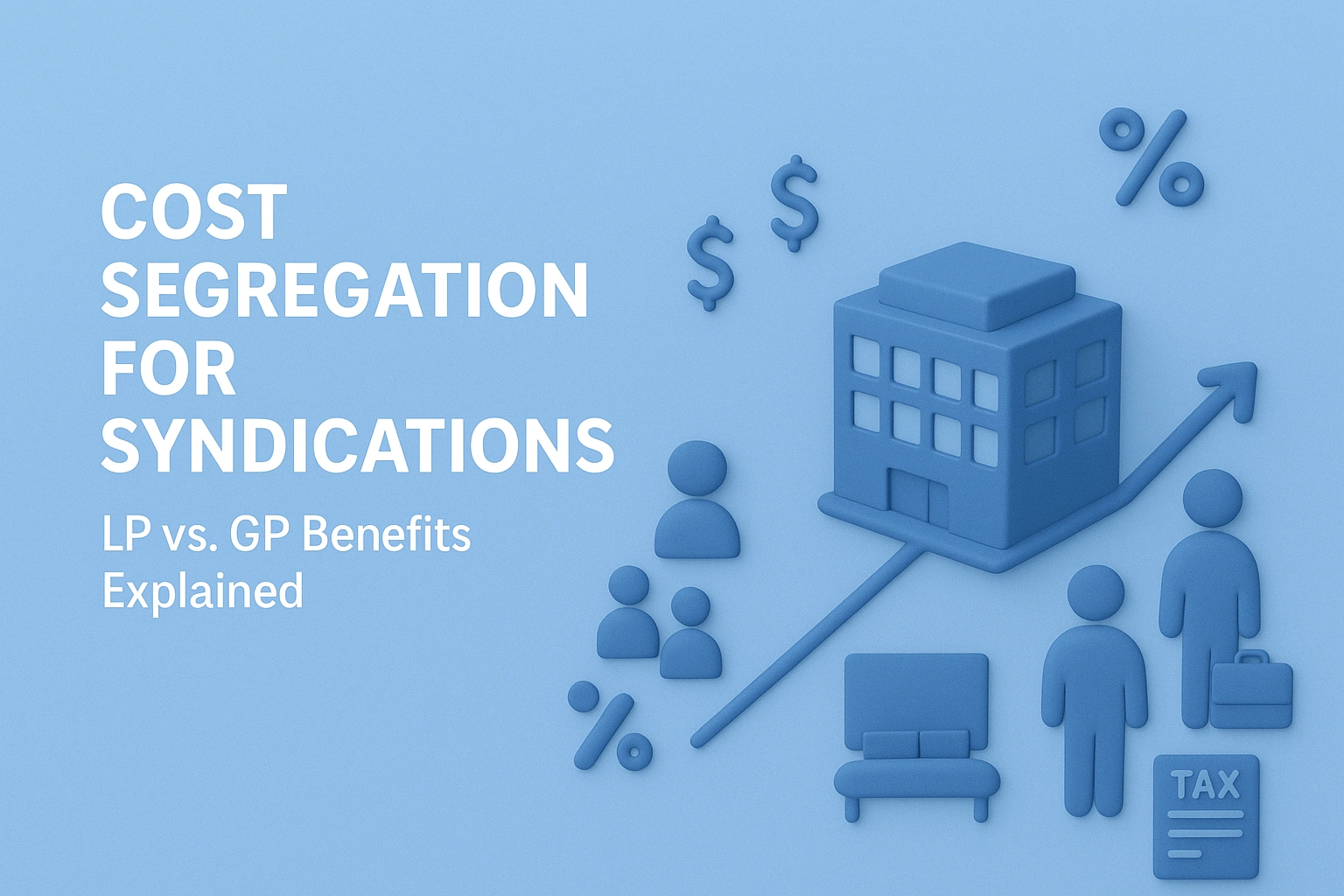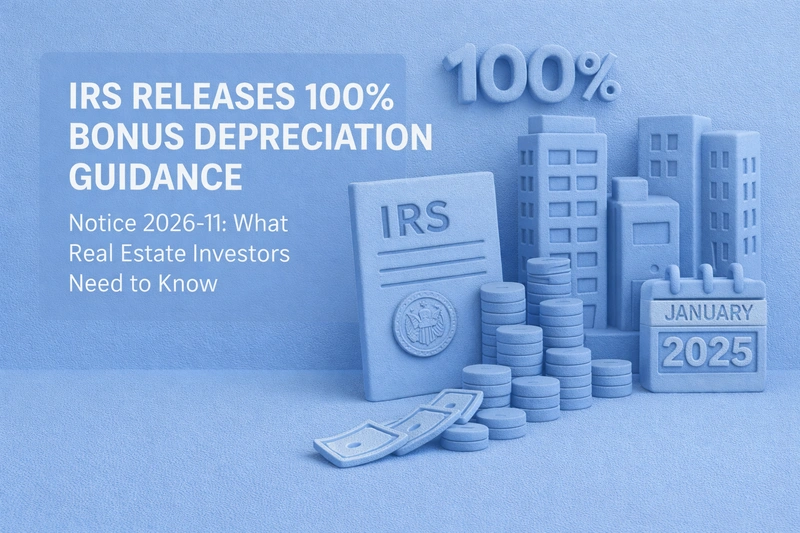As a real estate investor, navigating the complexities of tax regulations is a crucial part of optimizing your financial strategy. One tool that can significantly impact your tax planning is IRS Form 3115. This form allows you to correct depreciation methods, adjust accounting practices, and potentially unlock substantial tax savings after completing a cost segregation study. Here’s everything you need to know about IRS Form 3115, how it works, and why it’s essential for property owners and investors.
What is IRS Form 3115?
IRS Form 3115, or the Application for Change in Accounting Method, is used to request a change in how you account for certain income or expenses. For real estate investors, it’s particularly valuable when it comes to depreciation. Depreciation, the process of deducting the cost of a property over time, is a key tax advantage in real estate ownership.
Filing Form 3115 allows you to change your depreciation method after getting a cost segregation study, and is required if you have already placed a property in service and filed taxes using straight line depreciation in at least one tax year. The result? More tax savings and improved cash flow.
When Do You Need to File Form 3115?
Form 3115 is typically filed in three key scenarios for real estate investors:
After a Cost Segregation Study
A cost segregation study is a tax-saving strategy that reclassifies certain building components into shorter-lived asset categories, allowing you to accelerate depreciation. After completing a look back cost seg study on a property placed in service in a previous year where the tax filing has been completed, you’ll need to file Form 3115 to implement the new depreciation method on your tax return. RE Cost Seg offers Form 3115 preparation as optional add-on service for cost segregation studies we conduct.
Correcting Depreciation Mistakes
If you or your accountant discover that incorrect depreciation methods have been used in prior years, Form 3115 is essential for correcting those errors. This form allows you to change the method without the hassle of amending your previous returns.
Changing Accounting Methods
If your business or property is growing and your accounting needs have shifted, Form 3115 can be used to implement a more advantageous accounting method for income or expenses beyond just depreciation.
What is Included in Form 3115?
Filing Form 3115 requires detailed information and careful attention to IRS requirements. Here’s a quick look at what the form includes:
Basic Taxpayer Information: This includes your business name, tax identification number, and the tax year for which the change applies.
Description of the Change: You’ll need to describe the specific change in accounting method you're requesting, such as changing from one depreciation method to another.
Section 481(a) Adjustment: This part reconciles your past accounting method with your new one to avoid duplicating or missing deductions.
Explanation of Facts: You’ll need to explain why the change is necessary, such as discovering a depreciation error or conducting a cost segregation study.
Supporting Documents: Depending on the reason for the change, you may need to include documentation like cost segregation reports or other financial records.
Benefits of Filing IRS Form 3115
There are several key benefits to filing Form 3115, especially for real estate investors:
- Implement the cost segregation results without amending prior tax returns.
- Correct past depreciation methods to claim missed deductions.
- Ensure you are compliant with IRS rules while optimizing your tax savings and cash flow.
- Filing Form 3115 is a critical step in maximizing the tax benefits from your cost segregation study.
Common Questions About Form 3115
1.Why should I file Form 3115 as a real estate investor?
Real estate investors may need to file IRS Form 3115 if they're switching depreciation methods or correcting past errors. After completing a cost segregation study, which reclassifies components of your property to shorter depreciation schedules, you will need to use Form 3115 to formally request a change in accounting method with the IRS, if you already filed taxes on the property using straight line depreciation in previous tax years. This allows you to apply accelerated depreciation without having to amend previous tax returns, unlocking potential tax savings for current and future years. Filing this form ensures compliance with IRS regulations while maximizing your deductions for assets that qualify for faster write-offs. It’s a crucial step in optimizing your tax strategy and should be handled carefully to avoid penalties.
2. Can Form 3115 help me take advantage of a cost segregation study? Absolutely. After completing a cost segregation study, Form 3115 enables you to change your depreciation method and accelerate deductions on specific components of your property. By adjusting your asset classification, you can claim larger deductions in the earlier years of ownership, boosting your cash flow.
3. What happens if I don’t file Form 3115 when needed?
Failing to file Form 3115 when a change in accounting method is required can result in missed tax benefits, potential penalties, or even IRS scrutiny. Without filing this form, you may be unable to recover lost deductions or correct past errors, which could affect your long-term tax strategy and financial performance.
Final Thoughts on IRS Form 3115
IRS Form 3115 is a powerful tool that allows real estate investors to optimize their tax strategy, recover missed deductions, and stay compliant with tax regulations. Whether you’ve conducted a cost segregation study or discovered past depreciation errors, filing this form can significantly impact your bottom line.
At R.E. Cost Seg, we specialize in helping real estate investors navigate the complexities of IRS Form 3115, ensuring that every detail is handled with precision and care. Learn more about our cost segregation study add-on IRS Form 3115 preparation service.






